Description
3D Molar Tooth Model Crown Preparation & Open Apex Endodontic Training
Key Features of 3D Molar Tooth Model
-
Watertight STL: manifold mesh, no self-intersections; slicer-ready for SLA/DLP/FDM.
-
Realistic anatomy: detailed occlusal fossae and grooves, buccal/lingual contours, two roots with clear furcation (as shown).
-
Open Apex simulation: apical foramina modeled as open to practice apical barrier techniques and extrusion control.
-
Continuous canal path: from access cavity to apex for irrigation, instrument pathfinding, and delivery of bioceramics.
-
Prosthodontic training: ideal for occlusal/axial reduction, functional cusp bevels, margin design (Chamfer/Shoulder), taper and OCS checks.
-
Scalable: print at 1:1 or upsize to 1.2–1.5× for classroom visibility.
-
Education-only: not a medical device; not intended for intraoral use.
This printable molar reproduces chairside-relevant external morphology and an internal canal with an open apical end, letting you run two complementary training tracks on a single model:
-
Endodontics — Open Apex
-
Practice MTA/Biodentine apical plug placement (typical 3–5 mm barrier), working length control in patulous canals, and prevention of material extrusion.
-
Simulate irrigation/drying workflows and delivery with carriers or micro-cannulas.
-
Standardize access cavity design while preserving pericervical dentin.
-
-
Fixed Prosthodontics — Crown/Onlay Prep
-
Rehearse stepwise occlusal reduction, functional cusp bevel, finish-line selection (Chamfer/Heavy Chamfer/Shoulder with internal rounding), and taper evaluation.
-
Verify path of insertion and occlusal clearance with gauges or desktop scans.
-
Tip: Print in translucent resin for endo demos (canal and apical plug visibility), or gray/ivory for high-contrast evaluation of prep lines.
Learning Outcomes
-
Case logic for open apex (apical barrier vs. apexification) and accurate apical plug thickness.
-
Controlled placement/condensation of bioceramic materials at an open apex.
-
Efficient, conservative access design with line-angle preservation.
-
Competent margin design and taper (≈6–12° in training) for predictable restorations.
-
Before/after documentation (occlusal, buccal, apical views) for self-assessment.
What You Get
-
File type: STL (binary), watertight/manifold
-
Scale: 1:1 (user-scalable in slicer)
-
Geometry: two roots + furcation; continuous canal; open apex
-
Compatibility: PreForm, Chitubox, Lychee, Cura/Prusa, etc.
Printing Guide (recommended settings)
SLA / DLP
-
Layer height: 50 µm (25 µm for extra occlusal detail if available)
-
Orientation: roots angled 30–45° downward from the build plane; supports under non-functional cusps and around the furcation
-
Resin: gray/ivory for prep; translucent for endo visualization
-
Post-process: wash & full cure per resin IFU; verify canal patency with a fine probe
FDM
-
Nozzle: 0.25–0.40 mm | Layer: 0.12–0.20 mm
-
Infill: 100% (or 60–80% if weight matters)
-
Material: PLA/PLA-Tough; re-check canal outlets with a micro-drill if needed
Use Cases
-
Workshops in VPT/Regendo/Open Apex and MTA apical plug techniques
-
Bench-top practice for full crown / onlay preparation
-
Classroom demos, filming, and pre-clinical skills assessment
Technical Specs
-
Tooth type: mandibular molar with two roots (distinct furcation)
-
Canal: continuous from chamber to apex; open apices
-
Mesh integrity: manifold, non-self-intersecting, support-friendly
-
Intended use: extra-oral educational model only
FAQs
Is the model sterilizable/autoclavable?
No—this is a printable training model for use outside the mouth.
Can I practice an apical plug with MTA?
Yes. The open apex and continuous canal are designed for apical barrier training and extrusion control.
Best material to visualize the canal?
Translucent SLA/DLP resin shows the canal and apical plug clearly; gray resin is best for evaluating prep lines.
Can I order a larger version?
Scale to 1.2–1.5× in your slicer for teaching; geometry is preserved.

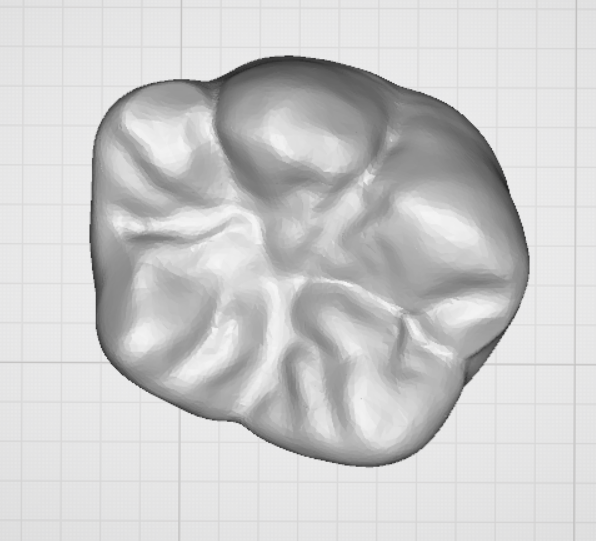
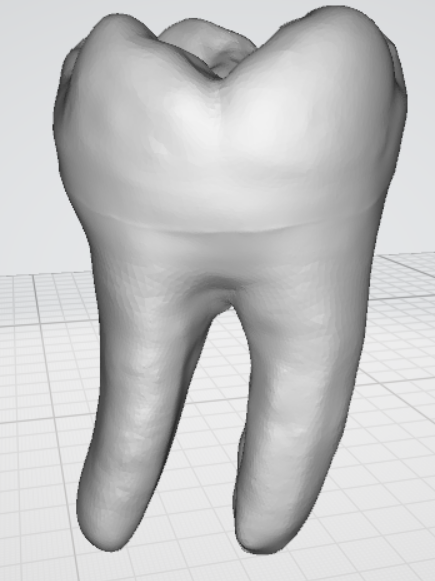
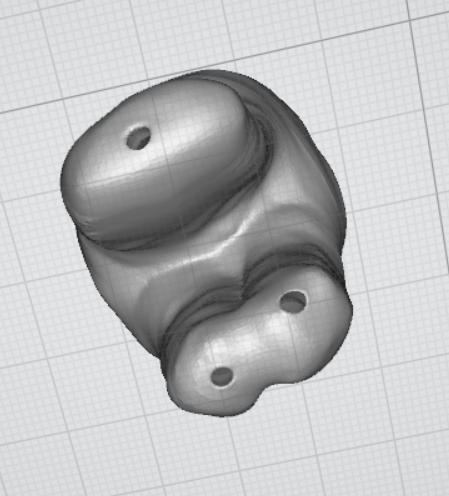
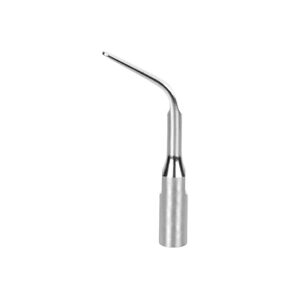
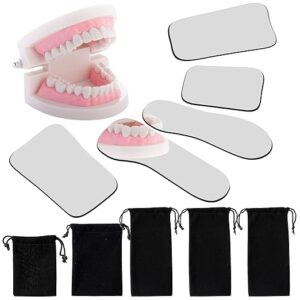
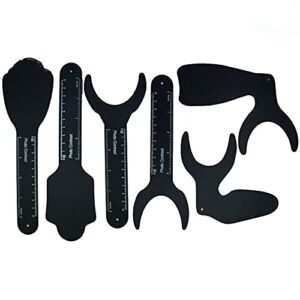

Reviews
There are no reviews yet.